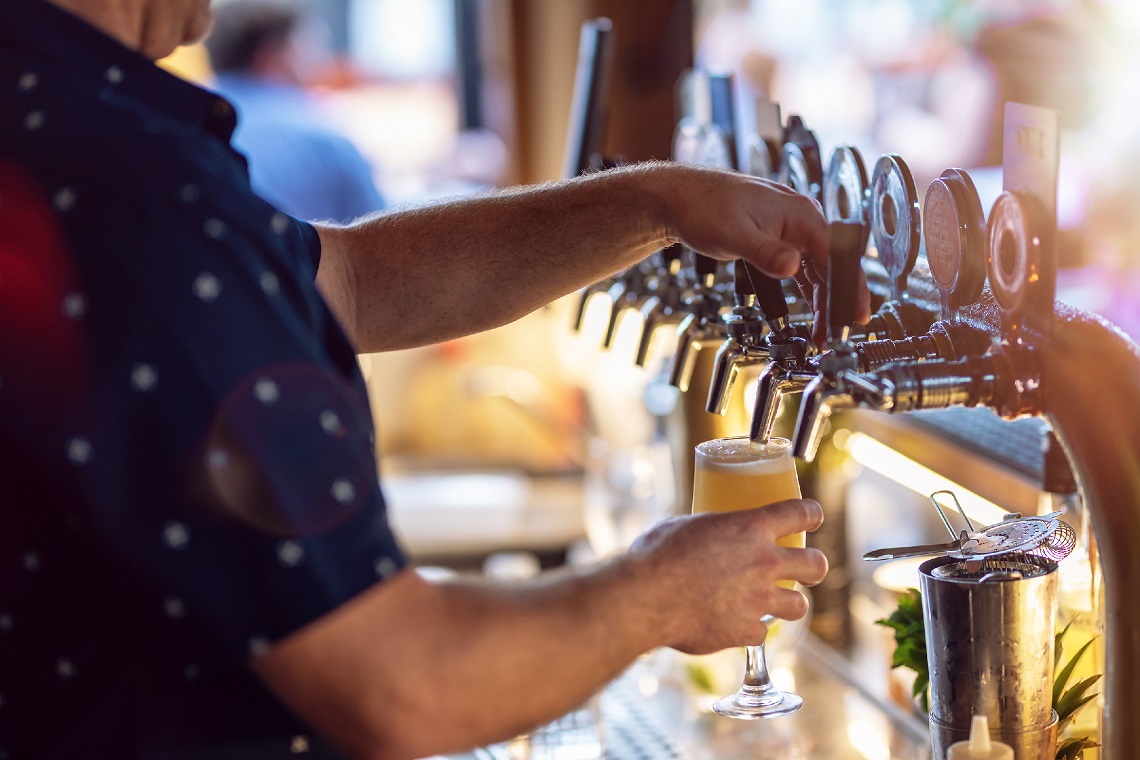Yields in the Australian pub sector are set to be further compressed in 2020 due to a scarcity of opportunities and low interest rates, according the latest Pub Trends research from CBRE.
Although 2019 saw a slow start thanks to the Financial Services Royal Commission and May’s Federal Election, buyer confidence soon returned and spending in the pubs market picked up again. CBRE said that despite likely yield compression, the outlook for the market remains positive in early 2020 as investors look to capitalise on Reserve Bank interest rates within a competitive market because of limited available stock.
“The pub sector was not alone in experiencing turbulence in 2019, with the Banking Royal Commission followed by the Federal Election in the early months of the year,” Paul Fraser, CBRE National Director, Hotels, said.
“Coming out of the other side of that, sentiment and confidence in the market have been strong and the economic conditions are set to improve across 2020.
“Yields are lowering in line with interest rate reductions, so we’re seeing pent up demand and people looking for secure investment opportunities.”
Fraser said stable governance and legislation in the major markets was helping the positive outlook, and that pubs remained a popular investment.
“There’s considerable global uncertainty at present, which is causing stock market volatility,” he noted.
“Well located commercial properties, including pubs, are viewed as ‘safe haven’ investments and we are seeing established and larger-scale venue operators expanding their portfolios with bolt-on acquisitions.
“We’re seeing particularly strong demand for A-grade, Freehold Going Concern pubs, which will likely result in further yield compression.”
CBRE’s Pub Trends research highlights that Australia’s eastern seaboard continues to be a key focus area for investors, with New South Wales recording the heaviest transactional rate ahead of Victoria, and south-east Queensland witnessing strong growth.
In NSW, strong demand coupled with limited transaction opportunities is forecast to continue to drive asset values, while the repeal of Sydney’s Lockout Laws is expected to boost investment in the broader hospitality sector.
“New South Wales is head and shoulders above the rest of Australia in regard to pub transactions,” Fraser added.
“Demand is outweighing supply, though, so investors are having to look elsewhere, with Queensland among the beneficiaries as vendors and purchasers there become more active.
“Victoria will continue to benefit from strong demand drivers, while its stable regulations will attract investment from Tasmania and South Australia following significant gaming reforms in those states.”
The report also details emerging trends in NSW, Queensland, Victoria, and Western Australia, with regards to NSW, the report states: “The State Government’s repeal of Sydney’s Lockout Laws is expected to add weight to further investment in the hospitality sector and underpin asset values within an already strong and tightly held market.”
In regards to Queensland, CBRE says: “Astute operators who have considerable equity in their current assets are adopting a ‘bolt-on’ acquisition strategy to bolster their portfolio and achieve economies of scale. Contrary to this is the prevailing financial headwind that remains in place for new market entrants.”
The emerging trend for Victoria states: “Hotel operators are positioned to benefit from long-term certainty offered by gaming legislation secured through to 2042. Victoria is therefore set to attract wider interstate investment, with Tasmania and South Australia’s state governments having recently passed significant gaming reforms.”
And finally for Western Australia, CBRE said: “Improving resource sector confidence is expected to see growth in the Fly In Fly Out (FIFO) workforce, as new mining projects become committed. This may finally see wages growth at the metro Perth level, and improve discretionary spending within the hospitality sector.”

